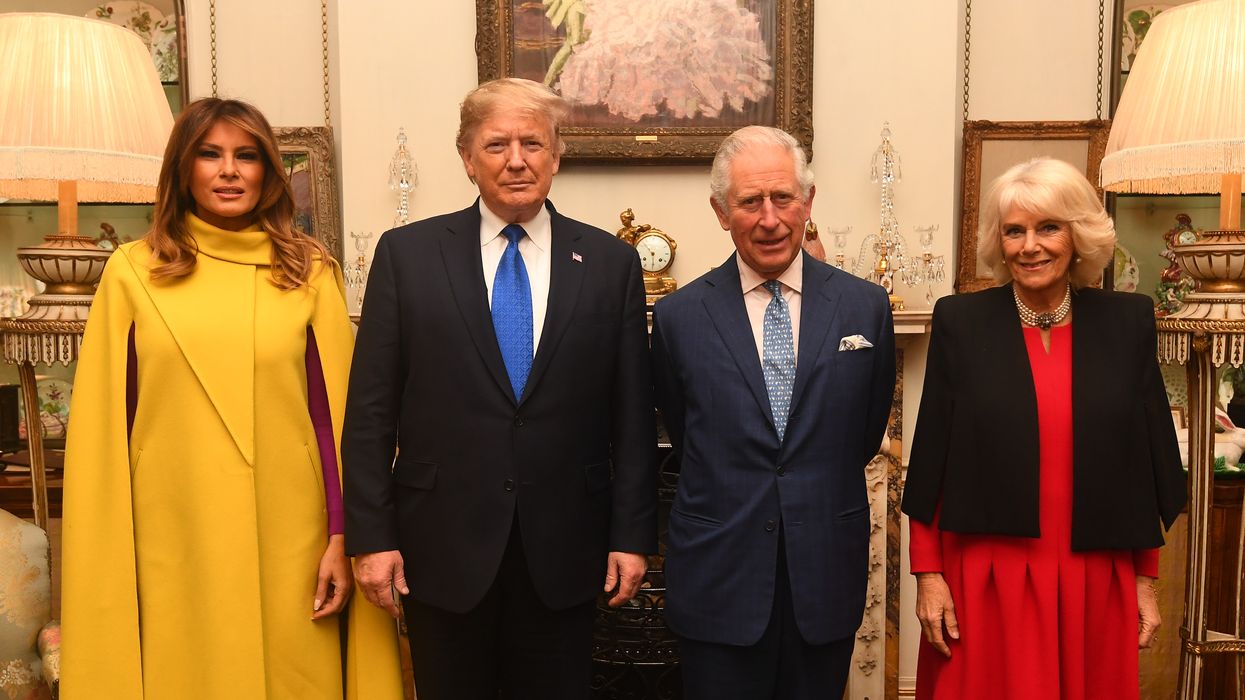US PRESIDENT Donald Trump said on Thursday he expects to meet King Charles in the UK in September. It would be an unprecedented second state visit for Trump, which the British government hopes will strengthen ties between the two countries.
Prime minister Keir Starmer delivered an invitation from King Charles to Trump during a meeting in the Oval Office in February. The meeting focused on tariffs and the situation in Ukraine.
"I think they're setting a date for September," Trump told reporters.
"They're going to do a second 'fest.' And that's what it is, it's a fest, and it's beautiful, and it's the first time it's ever happened to one person," he added.
"I'm a friend of Charles. I have great respect for King Charles and the family, (heir to the throne Prince) William. We have just really a great respect for the family, and it's a very great honour," Trump said.
The Daily Telegraph reported on Thursday that Trump is expected to be hosted by the royal family at Windsor Castle, King Charles’s official residence near London.
Trump previously made a state visit to the UK in 2019 during his first term as president. He would be the first political leader to receive a second state visit.
The 78-year-old Republican has often spoken positively about the British royal family.
His connection to the UK also includes personal ties, as his mother was born in Scotland, where he owns a golf course.
(With inputs from agencies)





